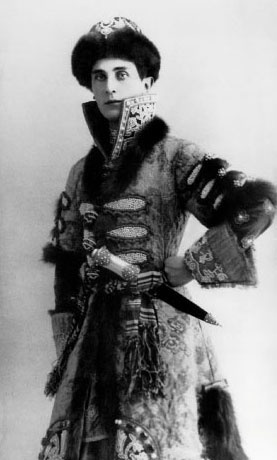ANON ASKED: Who helped you with the Russian/Ravkan terminology? Also, why were some words modified...
ANON ASKED: Who helped you with the Russian/Ravkan terminology? Also, why were some words modified and others left alone? Like ‘kaftan’ was changed to ‘kefta’ but ‘somovar’ was left as that.
Answering this one in a post because I have few language questions in the AskBox.
The lovely Erdene Ukhaasai (who is credited in my acknowledgments) helped me with select Russian translations and language questions. Botkin Yul Erdene is named after her.
When it came to the language, there were certain words I felt would have resonance for non Russian speakers and others that wouldn’t or would have the wrong impact.
A word like samovar is not only familiar to non Russian speakers, it instantly brings to mind the time and place I was hoping to evoke.
Unfortunately, the seventies kind of ruined the word “kaftan/caftan” for me. When I hear it, my head goes straight to ladies who wear too much turquoise jewelry and want to feed you carob. I was afraid it would evoke this

instead of this

or even this

So, I tweaked the word. (And yes, kefta is also a Middle Eastern meat dish, but my editor and I still opted not to add an extra “h.” Feel free to Gaga up your meatdresses. And if you’d like to see more kefta inspiration, drop by my pinterest boards.)
For more information on the choices I made re Russian vs. Ravkan, you can read on here.



